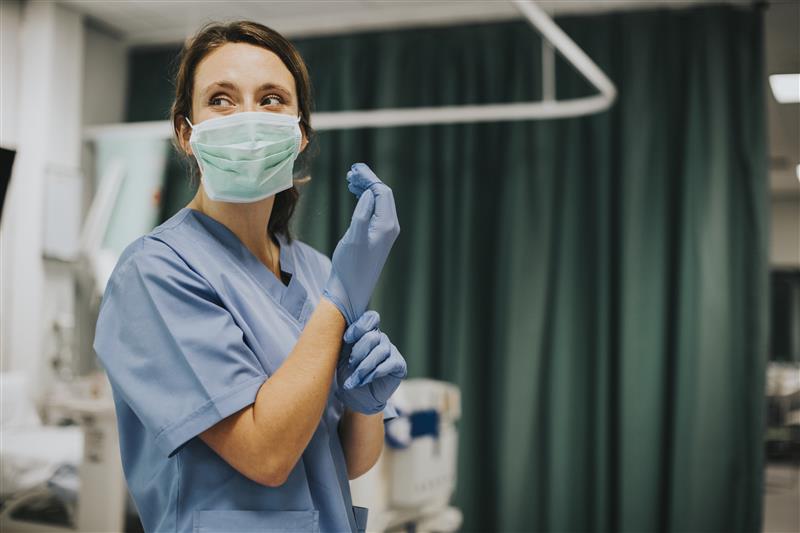Fires burn the natural landscape of Las Médulas, a World Heritage Site
The fire in Yeres (León) has burned the Las Médulas natural area, included in UNESCO's World Heritage List since 1997. Yesterday, the president of the Regional Government of Castile and León, Alfonso Fernández Mañueco, announced a specific plan for the recovery and improvement of this area. At a press conference, he assured that all the vegetation cover in the area will be restored and a forest restoration plan will be carried out.









